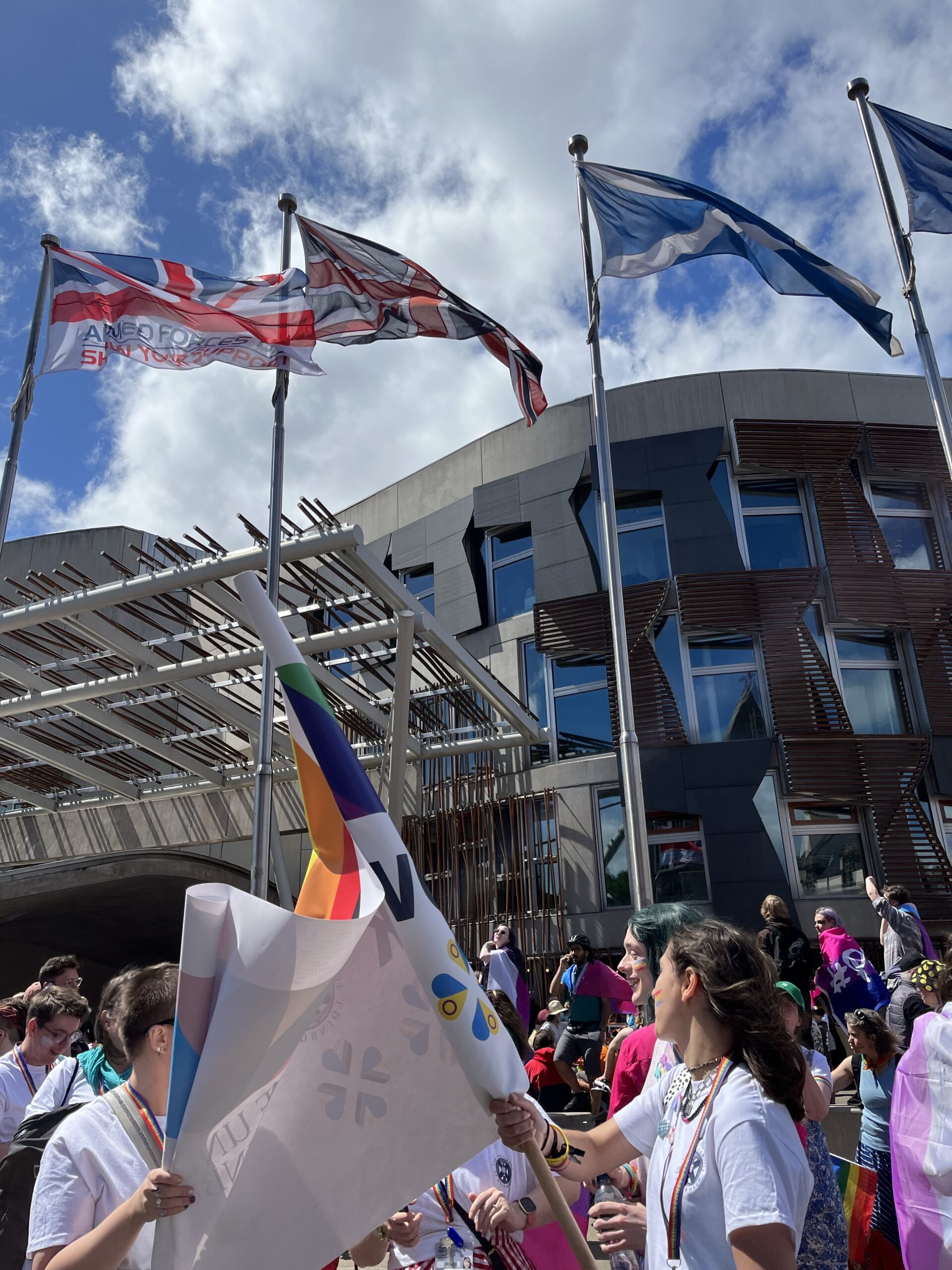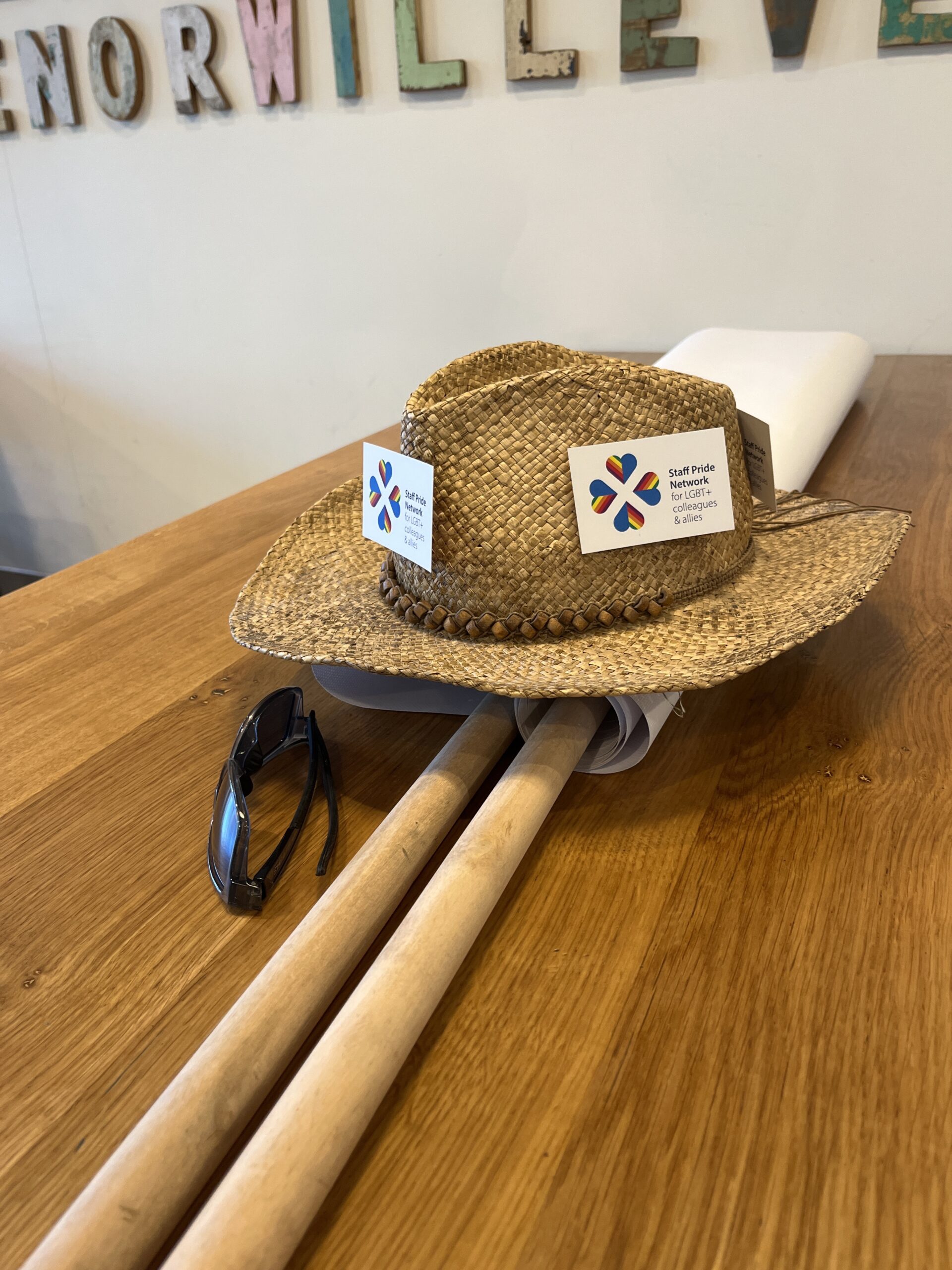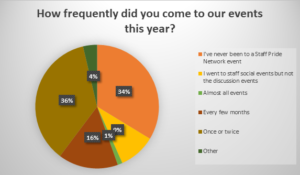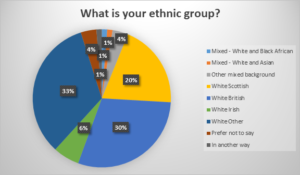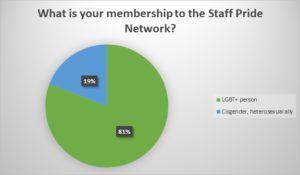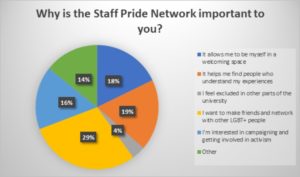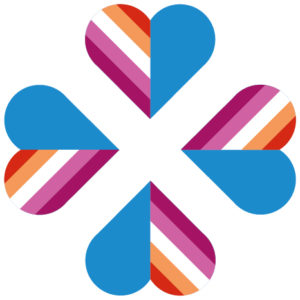
by Anna Smith, Coordinator of the Staff Pride Network Book Club
As part of Lesbian Visibility week I thought I would compile a list of books by lesbian authors, with lesbian characters, or both. This list is by no means exhaustive or representative of the objectively ‘most notable’ works around; it’s simply a collection of authors whose work I get excited about. A note of caution – often an author’s work may feature queer women but there is no record of the author’s sexuality, which is fair enough because that’s absolutely their business, but I’m hesitant to apply a label of ‘lesbian’ to these works given how often bisexual and otherwise queer-identified women are erased in LGBTQ spaces and dialogues. I’ve tried to stick to works where either there’s some public record that the author self-identifies as a lesbian, and/or the character in the work only has relationships with female-identified people. Please accept my apologies for (and let me know about) any errors! Furthermore, while I’ve attempted to make the list as diverse as possible I recognise that as a cis, white woman my reading (and therefore my recommendations) will probably have a cis- and white-centric bias, and I would encourage readers to seek out works by and featuring lesbians from the trans, BME, disabled and neurodiverse communities.
Lesbian authors whose work I am familiar with:
Becky Chambers
Chambers’ science fiction series, which starts with The Long Way to a Small Angry Planet, imagines a far-future society in which humans have left Earth, met up with aliens, and are now trying to make their way in intergalactic society. Chambers’ novels often feature multiple queer characters and put questions of friendship, identity and cross-cultural co-operation and understanding front and centre. Plus, y’know, spaceships! What more do you want!?
Emma Donoghue
Most famous for the contemporary novel Room, Donoghue has written many novels set in different time periods. I am a particular fan of Life Mask, a work of historical fiction which follows the life of sculptor Anne Damer in the Georgian period. It focuses on Damer’s life burgeoning friendship with – and feelings for – a well-known actress of the time. Donoghue has also written lesbian characters in her short story collections Astray and Touchy Subjects.
Jackie Kay
Jackie Kay is a Scottish poet, playwright and novelist who I was first introduced to when I read her memoir Red Dust Road, which interweaves reflections on her experiences of being adopted by a white family with the story of how she sought and met with her biological parents as an adult. Red Dust Road is a powerful exploration of identity and the concept of belonging.
Carmen Maria Machado
I read Carmen Maria Machado’s short story collection Her Body and Other Parties on the recommendation of a friend and was absolutely blown away. Often featuring lesbian or queer women, the stories have a way of drilling right down to the bones (sometimes literally, given the often horror-inflected nature of the narratives) of their chosen themes. Despite all being set in worlds which are recognisably present or near-future, there’s a broad spectrum here in terms of the degree to which the fantastical is allowed to manifest, and Machado wields the tools of magical realism with precision and wit.
Tamsyn Muir
I first heard about Muir at Worldcon last year, and have gleefully devoured her short stories Union and The Deepwater Bride, which are wonderfully creepy works of science fiction featuring lesbian characters. Her debut novel Gideon the Ninth has been described by the author as “just a collection of swordfights and people leaning in doorways” but by many other people as a thrilling adventure featuring lesbian necromancers in space. IN SPACE! I am, alas, waiting for it to come out in paperback so haven’t yet had the pleasure of reading it.
Sarah Waters
Queen of lesbian historical fiction, has written several novels with lesbian protagonists. I’d personally recommend Fingersmith as a starting point, a gothic romance set in Victorian England, in which a thief plots to con a reclusive heiress out of her inheritance by posing as a ladies’ maid. Waters’ other works include Tipping the Velvet, Night Watch and The Paying Guests.
Jeanette Winterson
I think most people probably know who Jeanette Winterson is, right? She’s best known for Oranges are Nor the Only Fruit, a novel based on her own childhood and adolescence coming to terms with her sexuality as an adopted child of very religious parents. She’s incredibly prolific and everyone who reads her work probably has their own favourites, but I love The Passion, a fantastical story following two protagonists (one a queer woman) across France and Italy during the Napoleonic wars.
Interesting-sounding books with lesbian authors or characters which I haven’t read:
The Labyrinth’s Archivist by Day Al-Mohamed
A Two-Spirit Journey (non-fiction) by Ma-Nee Chacaby
The Confessions of Frannie Langton by Sara Collins
A Safe Girl to Love (short story collection) by Casey Plett
The Seep by Chana Porter
Laura Dean Keeps Breaking Up With Me (graphic novel) by Mariko Tamaki & Rosemary Valero-O’Connell
Shout out to the Lesbrary and Tor Publishing’s Queering SF series are other good sources for recommendations.

